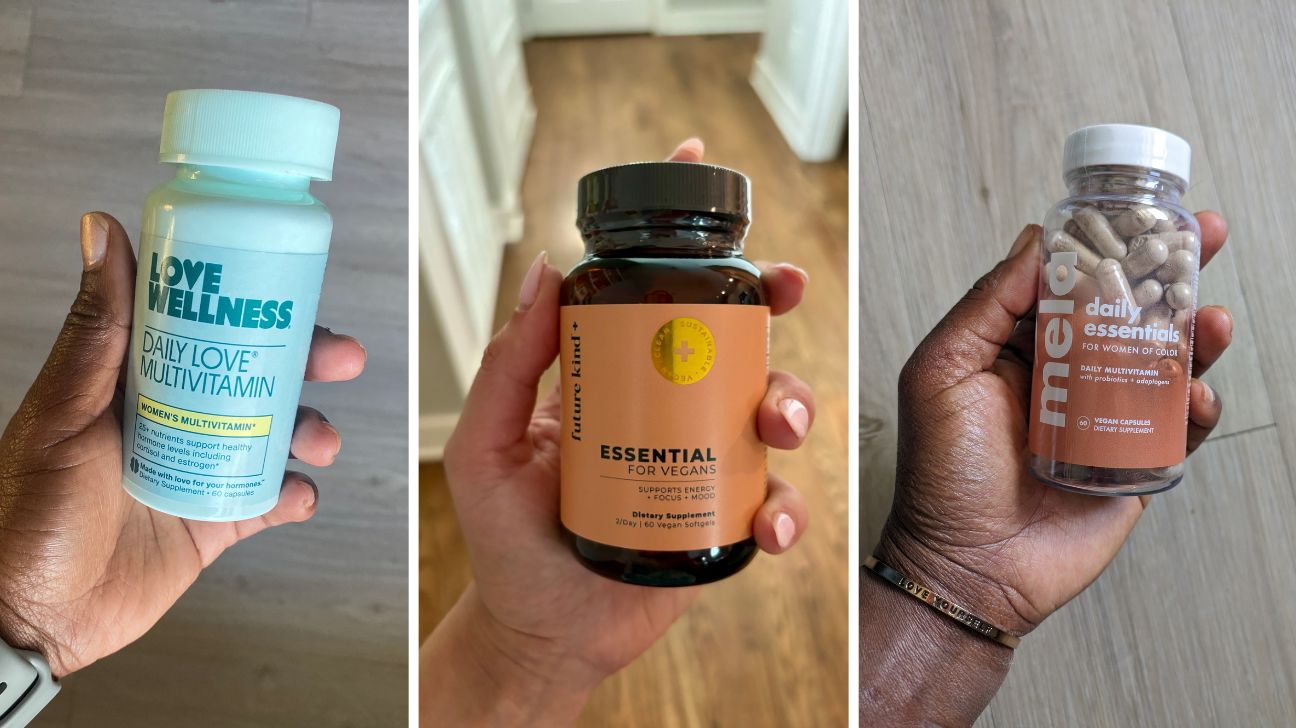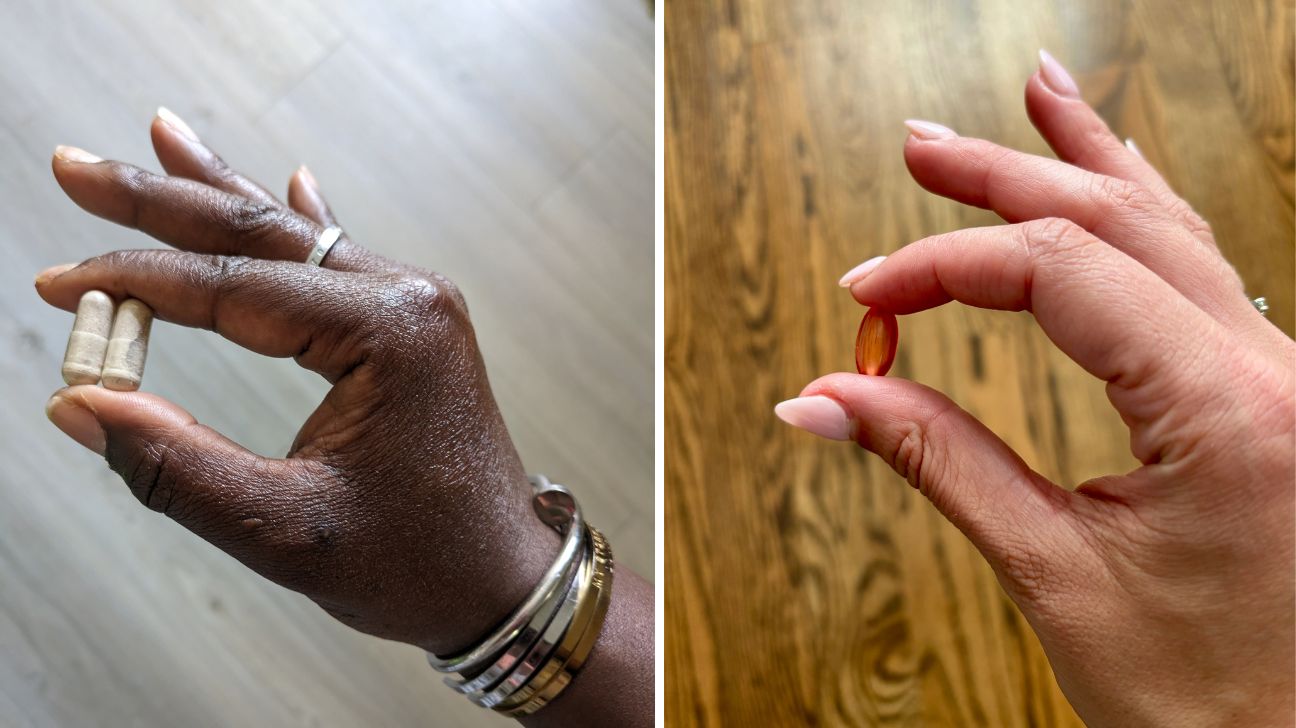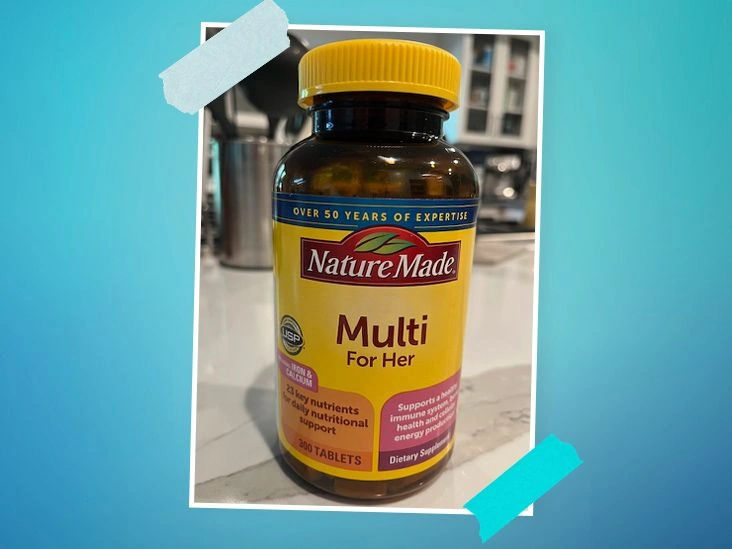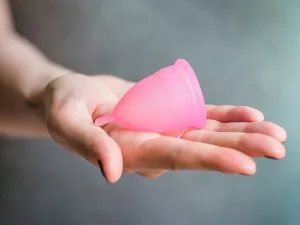A quick look at the best multivitamins for women
- Best overall: | Skip to review
- If you already get a lot nutrients through food: | Skip to review
- Reasonably priced with built-in omegas and collagen: | Skip to review
- A highly potent option for bigger nutrient gaps: | Skip to review
- Best if organic ingredients are your priority: | Skip to review
Healthline editors, registered dietitians, and our medical integrity team examined over 100 products to determine the top multivitamin choices for women. (Note: Sex and gender exist on spectrums. This article uses “women” to reference a person’s sex assigned at birth.)
Hot take“When it comes to supplements, cost doesn’t always equate to quality,” says Kelli McGrane, MS, RD.
“There are many pricey multivitamins that aren’t third-party verified for purity or potency or that include nutrient forms or amounts that aren’t necessary for everyone. Conversely, brands such as Nature Made are more budget-friendly yet maintain robust quality controls and provide well-rounded formulations.”
After updating our selections in May 2025 with input from Kelli, we elevated our budget-friendly choice — Nature Made Multi For Her — to our top recommendation. It may not be the most glamorous option, but it’s affordably priced and still supplies a solid array of nutrients helpful for women.
It does have limitations worth noting. Below we outline those, our other recommendations, and a dietitian’s guidance on nutrient forms.
We suggest these women’s multivitamins for people without specific nutrient or life-stage concerns who want a reliable, general-coverage supplement.
Disclaimer: Some products reviewed below were supplied free to Healthline editors or writers. Our evaluations are independent and were not reviewed, approved, or endorsed by the manufacturers.
Healthline’s picks of the best multivitamins for women
Comparing the best multivitamins for women
Here’s a quick summary of how our top selections stack up for several key nutrients:
ProductVit DCalciumFolateVit EIronB6B12Magnesium125% DV19% DV250% DV150% DV100% DV118% DV250% DV24% DV250% DV—250% DV45% DV44% DV—333% DV7% DV250% DV—150% DV67% DV—176% DV417% DV6% DV125% DV10% DV250% DV100% DV50% DV300% DV10,000% DV10% DV125%—100% DV107% DV14% DV500% DV200% DV—Other multivitamins for women that we evaluated and tested

Below are additional multivitamins we tried that didn’t make our top list:
- : This woman-owned company is third-party screened and easy to purchase online. However, our tester ultimately favored other brands, and our dietitian noted some vitamins are included at very high levels. It also contains chasteberry, an herb that can interact with typical medications such as contraceptives, and ashwagandha, which isn’t recommended for those who are pregnant or breastfeeding.
- : Supplies 300% of the DV for vitamin D, a nutrient people of color are particularly prone to being low in. It’s probably only necessary if you’re deficient in vitamin D. Our tester found the tablets easy to swallow and noticed improved nail growth, though she didn’t experience the same energy lift she’s gotten from other multivitamins.
- : These gummy vitamins have a light orange taste our tester liked. They’re a decent choice if you prefer gummies over pills, but they include 6 g of added sugar.
- is another gummy choice. It offers several nutrients, such as B vitamins, vitamin D, and chromium, but like other gummies, it contains 2 g of added sugar.
- focuses only on nutrients vegans typically lack: vitamin B12, vitamin D, and omega-3s. It’s a solid option for vegans who generally meet most needs from food and don’t want extras. It’s third-party tested and well-made, but because it’s tailored to vegan diets, it wasn’t included in our primary picks.
How we chose the best multivitamins for women

We compiled the top multivitamins for women using these criteria we consider important for safety, quality, and transparency:
- Nutrient quality: We preferred products that use well-absorbed nutrient forms.
- Ingredients: We selected products made with quality components and minimal artificial additives, and examined the types and amounts of included nutrients.
- Health concerns: We sought products appropriate for a variety of needs.
- Quality testing: We favored products verified for purity and potency, ideally by independent labs.
- Brand reputation: Each item on our list is produced by a medically credible company and complies with FDA labeling rules.
- Vetting: All listed multivitamins passed Healthline’s brand integrity standards and wellness approach. You can read more about our vetting process.
After assembling our candidates, test users took each vitamin for at least a week, often longer, to provide feedback on pill size and any effects they noticed.
Why Trust Healthline100+multivitamins evaluated55+multivitamin brands evaluated20+multivitamins personally testedHow we evaluate multivitaminsOur Medical Standards and Insights team has thoroughly researched and vetted over 11,000 products and services. We fact-check health claims, assess ingredients, and investigate each brand’s reputation before featuring products on Healthline.
To select the items on this page, we considered all multivitamins that passed our vetting. We then personally tested a subset to refine our recommendations.
Which vitamins should women take daily?
Before starting any new supplement, consult a healthcare professional. Not everyone requires a multivitamin, and a clinician might suggest a single-nutrient supplement instead.
Many nutrients are important, but some are especially worth checking for in a multivitamin because they play crucial roles in women’s health or are commonly underconsumed.
These include:
- vitamin D
- vitamin E
- all eight B vitamins, especially vitamin B6 and folate
- calcium
- choline
- iron
- magnesium
Bear in mind that depending on your diet, you might not need a supplement containing every nutrient above. Requirements and recommended amounts also vary by life stage and other factors.
Frequently asked questions about women’s multivitamins
What’s the best women’s multivitamin brand?
Healthline’s top picks for women’s multivitamin brands include Nature Made, Perelel, Mindbodygreen, and Ritual.
These brands are noted for ingredient quality, appropriate nutrient levels, and third-party testing across several products to address various needs.
Do women’s multivitamins really work?
Multivitamins can help some people meet their nutrient requirements, but they can also push intakes beyond safe limits for others.
Regarding broad health improvements and chronic disease prevention, multivitamins may have a role, but further research is required.
Studies also show that healthier individuals are more likely to take multivitamins regularly than those with nutritional deficiencies, making the evidence on whether multivitamins improve health outcomes mixed. The research remains inconclusive.
Still, a healthcare provider might recommend a multivitamin to address gaps in your diet.
Is it good to take a multivitamin every day?
Daily multivitamin use can help some people meet nutrient needs, but it may cause excessive intake for others.
Read supplement labels carefully and account for nutrients you already get from food or other supplements.
It’s wise to consult a healthcare professional before starting any new supplement, including a multivitamin.
Learn more about vitamin overdose.
What’s the best time to take a multivitamin?
Some vitamins, particularly water-soluble ones, can be absorbed on an empty stomach. However, most multivitamins include fat-soluble vitamins that require dietary fat for optimal absorption, so taking them with a meal or snack is recommended.
To build consistency, take your multivitamin with the same meal every day.
The bottom line
Multivitamins can help fill dietary gaps for people who struggle to meet nutrient needs from food alone, as well as for those who are pregnant, breastfeeding, or have restrictive diets.
That said, not everyone needs a multivitamin, and routinely consuming certain nutrients in excess can be harmful. Multivitamins can also interact with other supplements or prescription medications.
Always check with a healthcare professional before starting any new supplement, including a multivitamin.

























Leave a Reply
You must be logged in to post a comment.